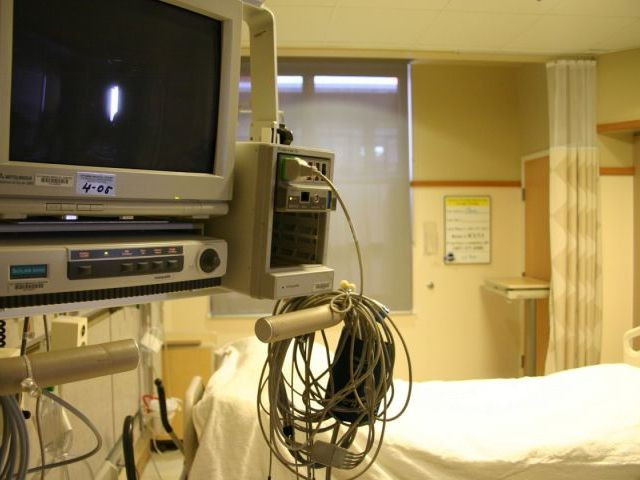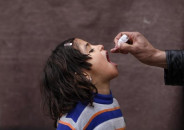Govt hospitals limit surgical facilities
Critically ill patients forced to undergo expensive private operations

As the dollar rate reaches unprecedented levels, a spike in costs of medical paraphernalia instigates the placement of limitations by government hospitals on various lifesaving procedures.
Where inflation has already reduced the purchasing power of the vast majority, those seeking treatment for terminal illnesses like cardiac disease and kidney failure, are crushed, as they are denied treatment in district government hospitals and are redirected instead to expensive private medical centres.
“The hospital admits patients when they visit the emergency department but neither are the required tests conducted nor are the treatment surgeries performed,” complained Javed Khan, a patient at the National Institute of Cardiovascular Diseases (NICVD). According to sources, out of the 14 major hospitals in the port city, up to seven have reduced the number of surgeries being performed. These hospitals include Dr Ruth KM Pfau Civil Hospital, Jinnah Postgraduate Medical College, Lyari General Hospital, Abbasi Shaheed Hospital, Karachi Institute of Heart Diseases, National Institute of Child Health (NICH) and National Institute of Cardiovascular Diseases (NICVD).
Concurrently, an anonymous source also revealed to the Express Tribune, that of all the diagnostic and surgical procedures being carried out in Karachi, a whopping 70 per cent were conducted in private hospitals, whereas the public sector only served 30 per cent of the patients.
While a denial of treatment to any patient raises humanitarian concerns, raising eyebrows at the government’s lack of sensitivity, the matter becomes much worse with the revelation that a large number of the surgeries which have been suspended in government facilities concerned cardiac and renal patients, whose vital organ failure requires immediate medical attention.
In this regard, a cardiac patient at NICVD, Rao Ashfaq, while talking to The Express Tribune, shared, “when I visited the out-patient department (OPD), I was told that I required an immediate angiography for diagnosing my heart condition. After three days, I was told that an important instrument for the procedure, a stent, was unavailable and that I should switch to the hospital’s private executive facility, which was unaffordable for my family.”
The private facility at NICVD, which operates 3pm onwards, charges Rs30,000 for an angiography, Rs300,000 for an angioplasty and as much as Rs600,000 for a coronary bypass surgery, thereby depriving the low-income strata of the hope for recovery.
Similarly, patients with kidney failure were denied treatment at multiple government hospitals and were also advised to seek the procedure at private hospitals, which dealt with 70 per cent of the dialysis patients in the city and charged almost Rs15,000 per session. Given that the average renal patient requires at least three dialysis sessions per week, the monthly expenditure in that case amounts to Rs180,000 per month, which is back breaking for the average uninsured, middle class patient.
On the other hand, where some district hospitals like Sindh Government Hospital at Liaquatabad and Saudabad are devoid of a dialysis unit, others like Sindh Government Hospital New Karachi and Ojha Hospital suffer from a paucity of beds and specialised equipment. Furthermore, sources claim that no chemotherapy or radiation facilities are available in most of the district government hospitals for the treatment of complex ailments like blood, bone marrow, and jaw and mouth cancers.
Such a dearth of medical facilities comes despite the fact that billions are allocated annually by the Sindh government for the health sector. Commenting on the severity of the plight terminally ill low-income patients are facing, a doctor at NICVD said, “since much of our medical equipment is imported, the recent surge in the dollar rate has overburdened our finances. As a result, we had to cut back on the number of medical procedures being performed in the government facility of our hospital.”
Published in The Express Tribune, March 31st, 2023.



















COMMENTS
Comments are moderated and generally will be posted if they are on-topic and not abusive.
For more information, please see our Comments FAQ